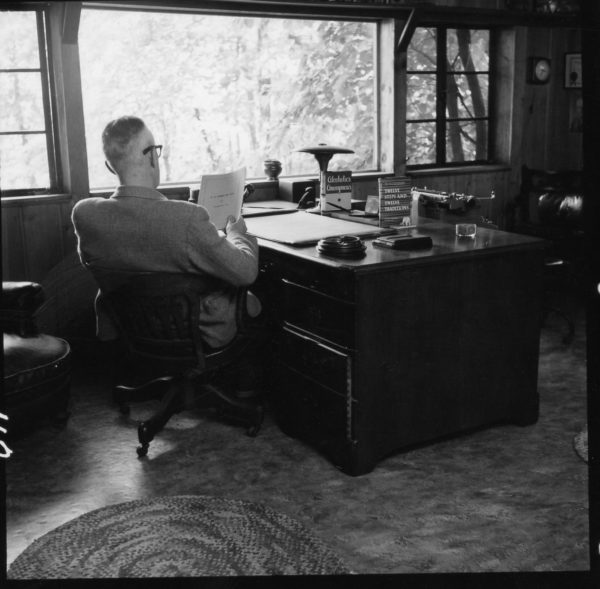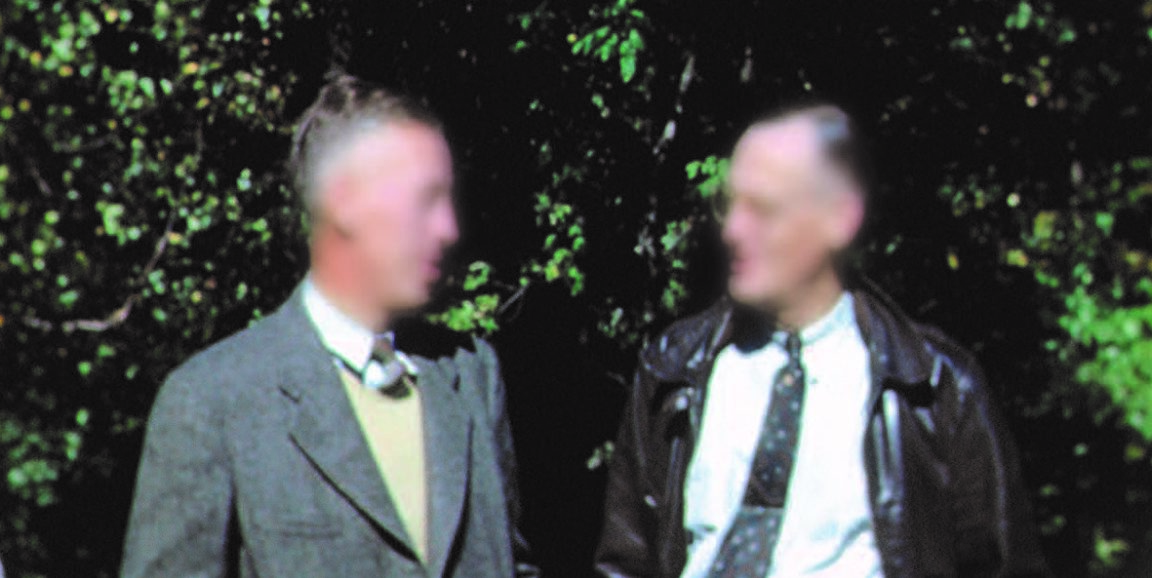As a newly minted psychologist, Keith Humphreys, PhD, Stanford professor of psychiatry and behavioral sciences, had a dismissive attitude about Alcoholics Anonymous.
Though the sobriety fellowship had been around since the 1930s and plenty of anecdotal evidence suggested it was effective, he resented its infringement on his professional credentials. "I thought, 'How dare these people do things that I have all these degrees to do?'," he said.
But when he conducted a study and saw that AA members were far more likely to stay sober, he said, "It started to change my mind." Now, he and two collaborators have completed a meta-analysis -- a study of studies, conducted through a rigorous review process. It published March 11 in Cochrane Database of Systematic Review.
Their analysis of 35 studies involving more than 10,000 participants showed that when it came to maintaining sobriety, AA was more effective than psychotherapy or no treatment -- regardless of the age or gender of the study participants, or the country they lived in.

"It absolutely does work," Humphreys said in my news release. He added, "People who are in these groups have 20% to 60% better abstinence than people in other treatments. In no case did they come out worse."
He attributes AA's success to its model of social interaction, in which members provide one another with emotional support as well as practical tips for staying on the wagon. There's a lot of evidence, he said, that surrounding yourself with people who are trying to make the same changes you are is helpful.
Humphreys added that AA, an entirely volunteer organization, is far cheaper than therapy: One of the studies they reviewed showed that it reduced mental health costs by $10,000 per person.
He said that despite his initial skepticism, over the years he has advised many patients to attend AA meetings. Now he feels validated in that advice.
"One of the fun things about science is that it can overturn your prejudices," he said. "It makes me appreciate more and more how other things I'm probably really sure about, I'm also wrong about."
Photo of Alcoholics Anonymous co-founders, known as Bill W. and Dr. Bob, courtesy of the A.A. General Service Office Archives




